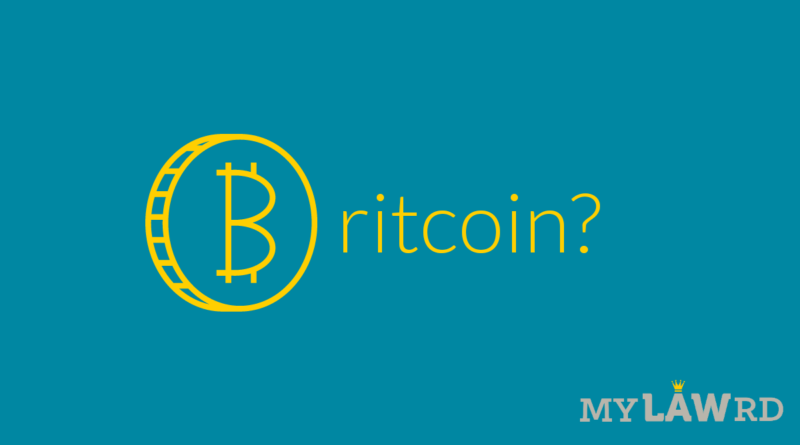The UK announces task force to explore CBDC
UK has announced a task force to explore Central Bank Digital Currency (CBDC). Chancellor of the Exchequer Rishi Sunak announced the formation of this new fintech task force. This is led by the UK Treasury and the Bank of England to “coordinate exploratory work on a future central bank digital currency.”
“We’re launching a new task force between the Treasury and the Bank of England to coordinate exploratory work on a potential central bank digital currency (CBDC)”
After the Finance Ministry of the UK has announced the task force to explore CBDC, Sunak responded to the finance ministry’s announcement of the task force by tweeting the single word “Britcoin?”
In response to Sunak’s announcement, the Bank of England has established a dedicated CBDC unit, led by deputy governor Jon Cunliffe, to investigate the development of a digital pound, as well as two stakeholder forums focused on CBDC engagement and technology.
A digital pound, including bank accounts and physical currency, will be the third type of money, and what’s being investigated is a general CBDC accessible to businesses and consumers. The Bank published a research roadmap on the subject last year.
The main objectives of the task force are to explore motivations, risks, applications, and design features, as well as keeping up with international CBDC innovations.
The Bank of England also announced a new omnibus bank account, a special account for controlled payment systems at the central bank. This new account also supports Fnality, a blockchain-based payment system operated by 15 institutions.
What is CBDC?
Since cryptocurrencies are decentralized, the government lacks oversight over transactions done through such currencies. Since they also discourage the use of cryptocurrencies such as Bitcoin, for their volatile nature, many leading central banks around the world are working on or considering to launch their own versions of digital currencies to monitor the development and counter the effect of such cryptocurrencies. These controlled digital currencies will be managed by each country’s monetary authorities or central banks.
The Central Bank Digital Currency (CBDC) is a digital version of a nation’s central bank’s legal tender and liability. It is denominated in a sovereign currency and appears on the central bank’s balance sheet. CBDC is a digital currency that can be converted and traded in the same way that cash and conventional central bank deposits can.
Benefits of CBDC
- Real-time money transfer: Through CBDCs we can transact with people in real-time without any need for an intermediary.
- Oversight over transaction: Since CBCDs are centrally regulated, every transaction can be easily recorded and tracked.
- Reducing crypto base crime: At present, criminals are using cryptocurrencies as their safe heavens. Since it is decentralized and the transaction is difficult to trace, they use it for tax evasion, money laundering, or demand ransoms. A CBDC will help to locate such transaction and reduce such crimes.
- Maintain the value of money: Using CBDC will improve the seigniorage value of money (Difference between the value of money and the cost to produce and distribute it.)
- Stability: Unlike most of the cryptocurrency, CBDCs are attached to physical assets and therefore they are not volatile.
CBDCs around the world
The announcement comes in the wake of a surge in CBDC activity around the world. Europe is now seen as the most likely to achieve a CBDC first in the West. The Bank of England, on the other hand, was one of the first to investigate the subject.
Asia is currently the most advanced because of the success of digital yuan trials, Cambodia’s live payment system, Singapore’s Project Ubin, and initiatives from the central banks of Thailand and Hong Kong. Having said that, the Reserve Bank of India is yet to disclose its plans on a blockchain based Digital Rupee, although it is perhaps exploring its need.
Do subscribe to our Telegram channel for more resources and discussions on technology law and news. To receive weekly updates, and a massive monthly roundup, don’t forget to subscribe to our Newsletter.
You can also follow us on Instagram, Facebook, LinkedIn, and Twitter for frequent updates and news flashes about #technologylaw.

